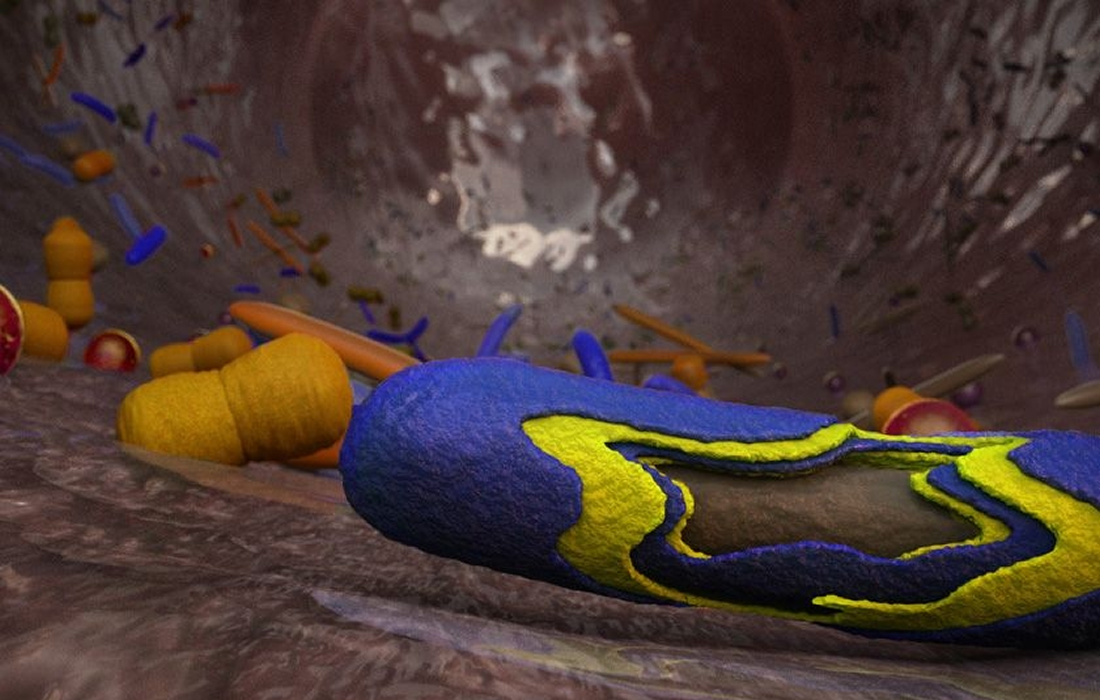Regenerative Medicine News and General Information
New Method for Deliver Beneficial Bacteria to the GI Tract
Inside of every human body are trillions of microorganisms, bacteria, viruses, fungi and other life forms that are collectively known as microbiome. The group that attracts the most attention in biomedical research is the one in the gut.
To better grasp the part that gut microbes play in health and disease, researchers from around the globe are investigating what makes a ‘good’ gut microbiome. There are, after all, hundreds of distinct bacterial species in the gut — some pathogenic and some beneficial.
Several diseases are now thought to be influenced by processes in the gut microbiome. Those include cancer, autoimmune disorders such as multiple sclerosis and autism spectrum disorder. The gut microbiome also strongly interacts with certain drugs, including some mental-health therapeutics, and influences their effects.
New Study Findings
A team of MIT scientists developed a strategy for delivering large numbers of beneficial bacteria to the human gut.
Doctors recommend beneficial bacteria, known as probiotics for patients, specially those suffering from GI illnesses such as ulcerative colitis and Crohn’s disease. The problem is that over the counter probiotic supplements may contain varying amounts of bacteria or they may include cells that are no longer viable. Another problem is that because they don’t have a protective coating they can be damaged by acid in the stomach before reaching the intestines.
The researchers demonstrated their technique with a strain of bacteria known as Bacillus coagulans, which is sometimes used to treat colitis and irritable bowel syndrome. They used a technique known as layer-by-layer encapsulation to coat the bacteria, achieved by depositing thin, alternating layers of positively and negatively charged materials.
This resulted in a very thin, gel-like coating that individually encapsulates each bacterial cell. They tested the product using mice and showed that this coating protects the cells from acid in the stomach, as well as bile salts, and once the cells reach the intestines, they begin replicating.
The researchers believe that this type of oral probiotic delivery could replace a therapy known as fecal microbiota transplant, which is in clinical trials to treat infections such as Clostridium difficile that causes pseudomembranous colitis.
For medicinal use, the coated bacteria could be easily packaged into a capsule or made into a dried powder that could be mixed into a drink, the researchers say.
Source:
Anne Trafton (2016, Sep 14). Delivering beneficial bacteria to the GI tract. MTI News. Retrieved from:
https://news.mit.edu/2016/delivering-beneficial-bacteria-stomach-gi-tract-0914
Herb Brody (2020, Jan 29). The gut microbiome. Nature 577, S5 https://doi.org/10.1038/d41586-020-00194-2. Retrieved from:
https://www.nature.com/articles/d41586-020-00194-2
Image from:
https://news.mit.edu/2016/delivering-beneficial-bacteria-stomach-gi-tract-0914
Second Bay Studios

